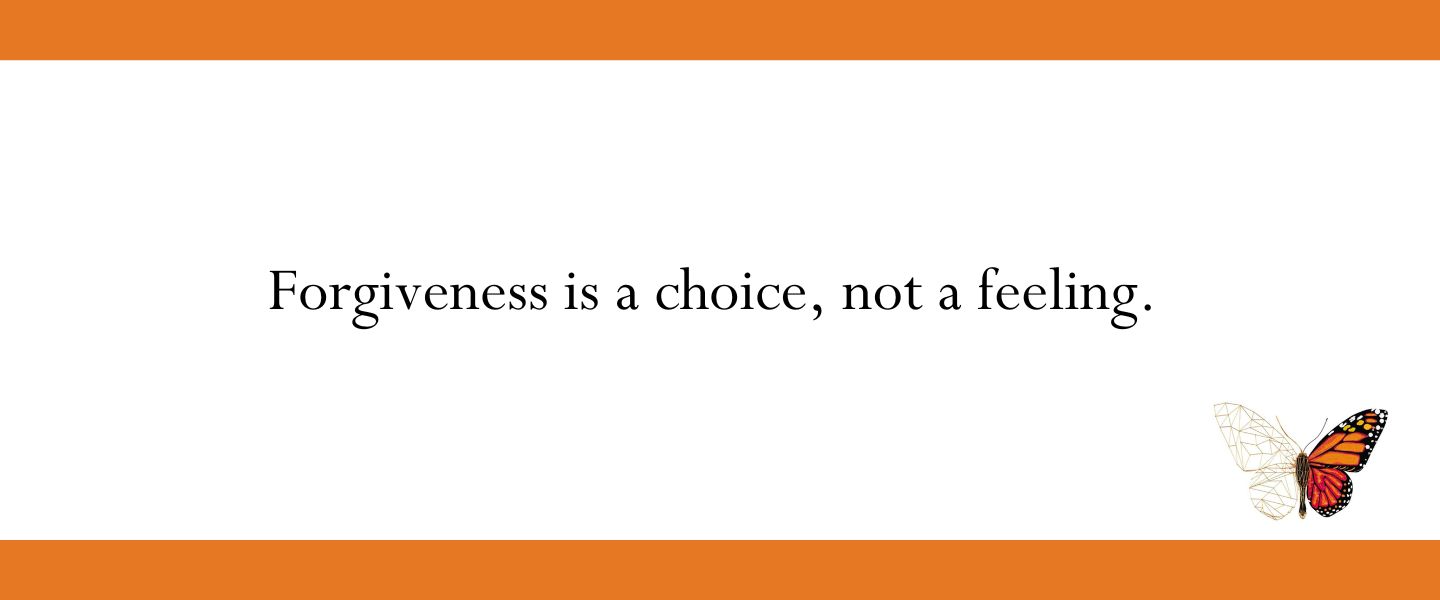The Joseph Principlesಮಾದರಿ


I Know I Should Forgive
I think we can all agree that God wants us to forgive others. C. S. Lewis wrote, “Everyone thinks forgiveness is a lovely idea until he has something to forgive.” We’ve certainly all had the opportunity to forgive, and oftentimes it’s relatively simple. Perhaps the offense is minor or the one seeking forgiveness is a dear friend who is sorry.
But what about the other times? How do we forgive when the offense is traumatic or unforgivable? When the offender isn’t sorry? That’s when we need a miracle. We may not feel like forgiving someone. It may feel impossible. But the truth is, feelings have nothing to do with it. Forgiveness is a choice, not a feeling. It is the choice to release an offender from their obligation to you.
Because God has forgiven our sins, Jesus demands that we forgive others. To choose to withhold forgiveness is to belittle God’s forgiveness and to callously ignore the terrible price Jesus paid on the cross to cancel the debt our sins created. When we refuse to forgive, we not only offend God, we make intimacy with Jesus impossible. When we forgive our offender, we are set free from the relentless pain withholding forgiveness causes. By forgiving others, we open the door of our hearts to a greater level of intimacy with the Lord Jesus.
Consider
As you read this, is there someone who comes to mind whom you have not forgiven? How has unforgiveness affected your life or your relationship with them? Ask God to help you release their power over you and make the glorious choice to forgive them.
About this Plan

What does intimacy with God look like? Perhaps we’ve said we want a closer relationship with Him—but what does that mean? Steven Scott shares how Joseph’s life reflected his deep relationship with God, even in the middle of tragedy and loss. Scott then directs us to Jesus, who reveals specific, practical ways we can experience a closeness with God beyond what we have expected.
More
ವೈಶಿಷ್ಟ್ಯದ ಯೋಜನೆಗಳು

Miracle Working Power

New Day, New Year, and New Beginnings - 31 Days of Fresh Starts

Wisdom From Above: 10 Days in the Book of Proverbs

The Beatitudes Revisited

A Return Home

Ecclesiastes Book Study - TheStory

Living in Increase (Part 2) - Increase in Love

TRUSTING GOD WITHOUT a TRACE: A Place of Full Surrender
Journey With Jesus 365
